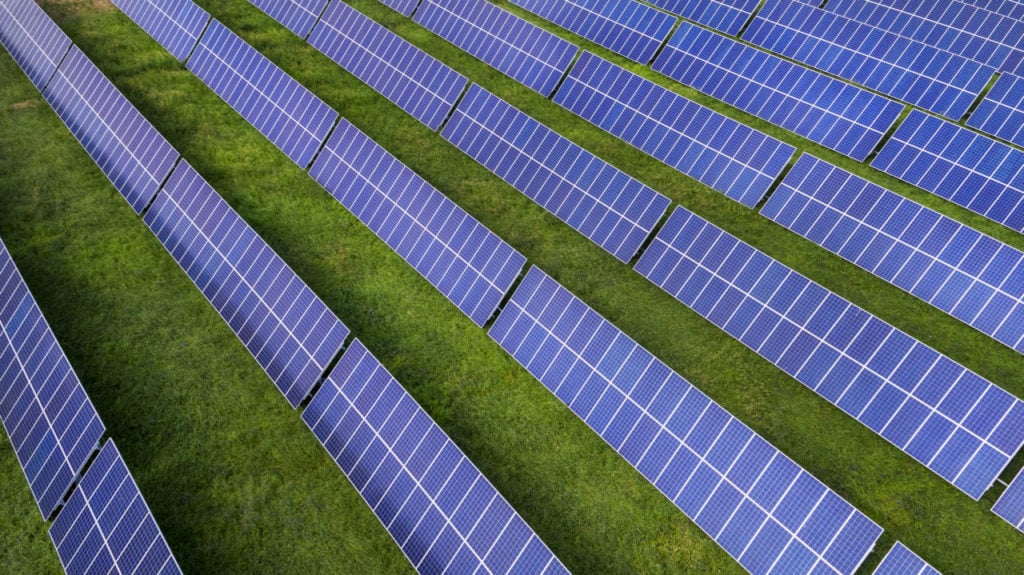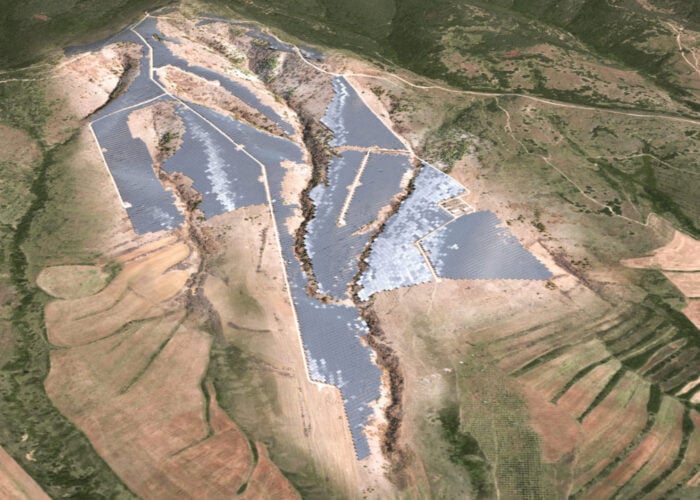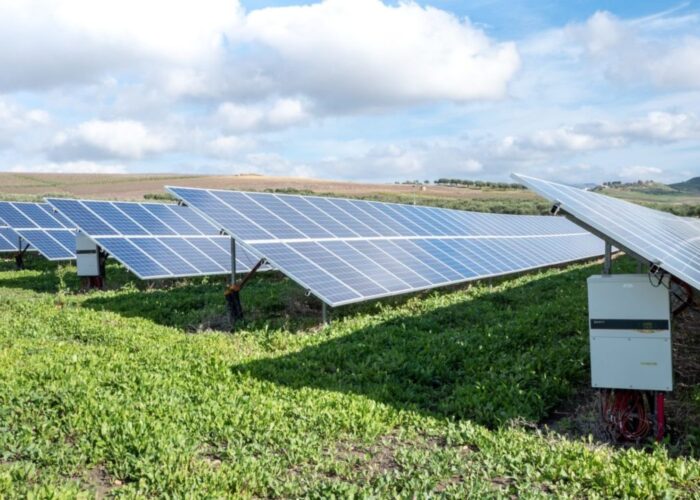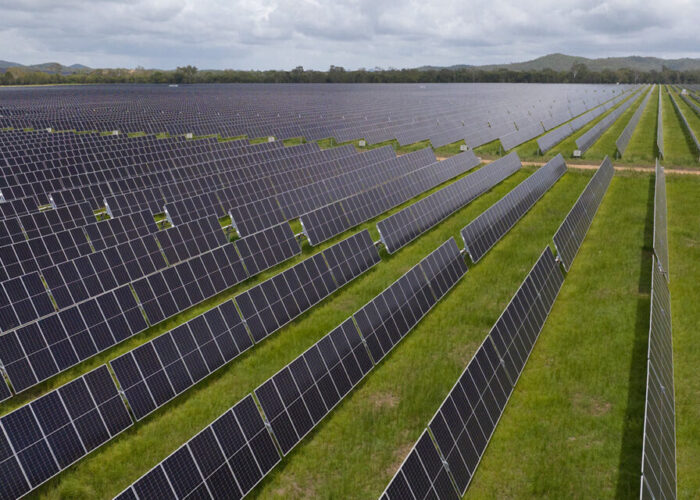
Tyr Energy Development Renewables (TED), a US-based renewable energy subsidiary of Japanese “sogo shosha” (major trading house) Itochu Corporation, has completed development of 333MWac of solar PV in the US.
Following the completion of development, TED sold the projects to Adapture Renewables, a solar PV owner and operator affiliated with children’s toy company the LEGO Group. Adapture will handle the construction of the sites, which together will have 450MWdc generation capacity, with completion expected in 2026. The projects will be connected to the Midcontinent Independent System Operator (MISO) network.
Unlock unlimited access for 12 whole months of distinctive global analysis
Photovoltaics International is now included.
- Regular insight and analysis of the industry’s biggest developments
- In-depth interviews with the industry’s leading figures
- Unlimited digital access to the PV Tech Power journal catalogue
- Unlimited digital access to the Photovoltaics International journal catalogue
- Access to more than 1,000 technical papers
- Discounts on Solar Media’s portfolio of events, in-person and virtual
Adapture is owned by KIRKBI Invest, an investment arm of the Kristiansen family portfolio, which founded and owns the LEGO group.
The capacity is spread across three solar projects; two in Illinois and one in Arkansas. TED did not disclose the capacity breakdown of the sites.
In a press release, TED – which is headquartered in Kansas – cited the stimulatory effects that the Inflation Reduction Act (IRA) is having and is forecast to have on the US solar market as reason for its increased presence in the market. In July 2023, Itochu – its parent company – announced plans to invest US$2 billion into renewables projects in the US, building on its existing 2GW pipeline of solar PV projects in the country.
The development process that TED completed included land prospecting and acquisition for the projects, obtaining grid connections, permitting, designing, procurement and signing a long-term power purchase agreement (PPA) for the sites. The offtaker of the PPA was not disclosed.






